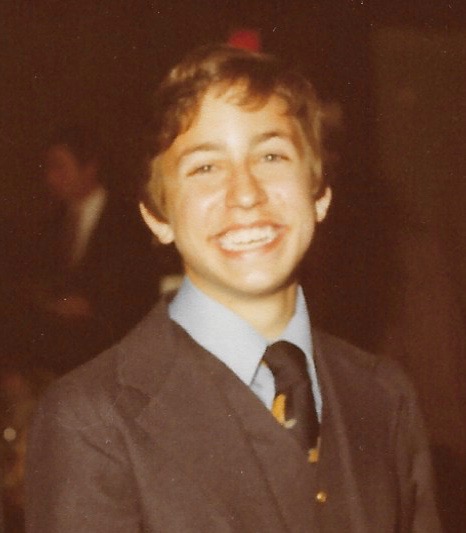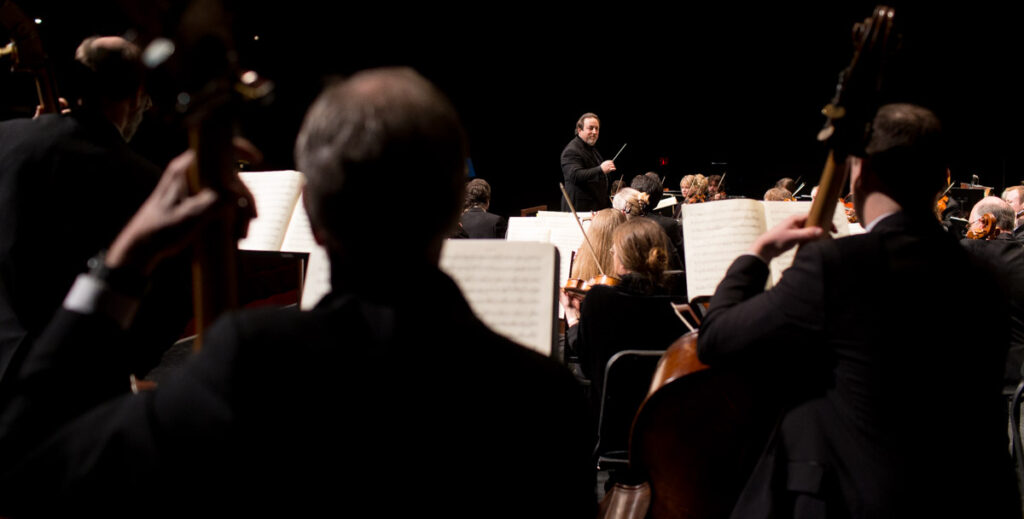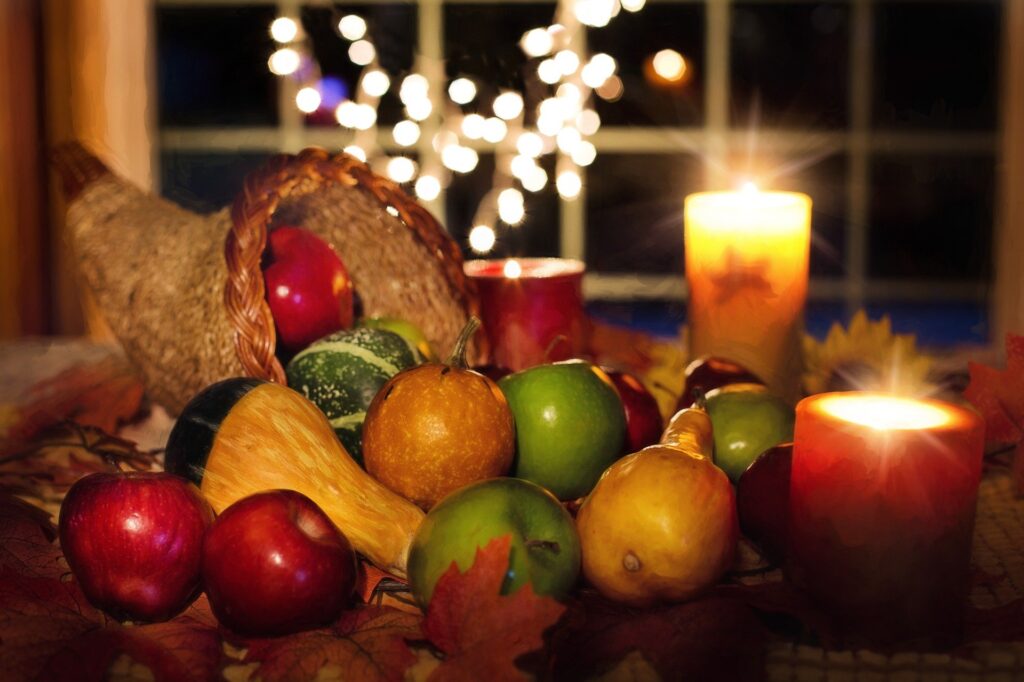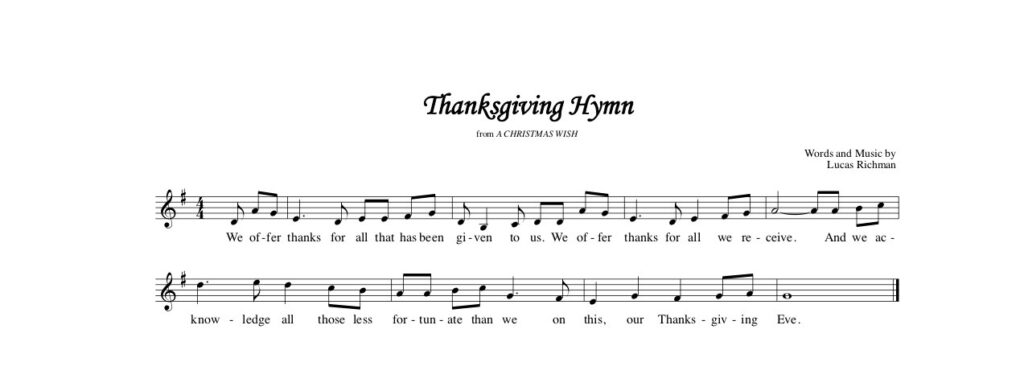Written on Thanksgiving, 2020
By Lucas Richman
I am, by nature, an optimist. I wear my smile inside and I am generally able to feel its resonance come forward, providing an overall lightness of being during my waking hours. Of course, there have been the inevitable occasions in which I have found myself dangerously deep down one rabbit hole of negativity or another, precipitating a temporary loss of said smile but, accordingly, the sudden awareness of this devastating void has usually been the catalyst for the search for a new door or window through which the smile will be retrieved and the next phase of my life discovered.
Not to worry—even with a pandemic raging and the full shutdown of every professional outlet in which I’ve engaged for the past forty years, I am presently in happy possession of my smile. While its projected magnitude and brightness may be tested daily, I have been utilizing a powerful countermeasure to the regular onslaught of fear, anxiety and depression: Gratitude. Yes, I am grateful for so much. I am grateful for even being able to take this moment to assess how grateful I must continue to be.
 We learn from an early age that it is polite to say, “Thank you.” We are taught that the act of saying, “Thank you,” is a necessary acknowledgement of our being beneficiaries of something provided by forces outside of our own self. While this acknowledgement is vital to maintaining positive social graces, it is also an act of granting empowerment to those outside forces as well as a ceding of dominance.
We learn from an early age that it is polite to say, “Thank you.” We are taught that the act of saying, “Thank you,” is a necessary acknowledgement of our being beneficiaries of something provided by forces outside of our own self. While this acknowledgement is vital to maintaining positive social graces, it is also an act of granting empowerment to those outside forces as well as a ceding of dominance.
Some might inherently decline to offer thanks because of the underlying notion that, in doing so, they are showing weakness or deference to others. I have noticed that the folks more likely to offer thanks are often more comfortable with themselves as a whole, not living with the fear they might lose strength when acknowledging a gift from others; those with strong self-esteem inherently know gratitude can be empowering to all parties.
Some folks simply forget to offer thanks or stop themselves from doing so if the initial window of opportunity seems to have passed. Frankly, it’s always better to backtrack with a verbal sign of appreciation than to allow the lack of appreciation to become a potential issue: it’s never too late to say, “Thank you” and one can never say it too many times.

Just one year ago at this time, I was in the midst of celebrating my tenth anniversary season as Music Director for the Bangor Symphony Orchestra. As such, I had been given the opportunity to populate each of the season’s programs with works near and dear to my heart so we concluded our November Masterworks with Brahms’ poignant and reflective Symphony No.3. As the fourth movement ultimately gave way to the final conjuring of the first movement’s downward floating arpeggio, my colleagues and I had no inkling that these notes would be the last we would play together as a full ensemble for many months (or, dare I say, years) to come, due to our present global pandemic. I am grateful for having experienced stunning moments of music-making with my esteemed colleagues—so, to them, I say, “Thank you.”
I am grateful for the many non-profit organizations with which I have had the honor and privilege to work and, similar to the Bangor Symphony Orchestra, they all exist for the benefit of others—so, to them, I say, “Thank you.”
I am grateful for the millions of folks in the arts and culture sector who produce the $800B annual contribution to the United States GDP with the seemingly endless video, audio, book and game content that has kept us occupied and sane over the past year—so, to them, I say, “Thank you.”
I am grateful for the millions of heroic essential workers who keep us safe, healthy, housed and fed at the risk of their own peril—so, to them, I say, “Thank you.”
I am grateful for my dear family and friends—know that I thank you every day for your love, kindness, support and acceptance.

As we head into that which is surely to be one of the most unusual Thanksgiving holidays in recent history, I offer this reminder to take note of our human connections, count whatever lucky stars may be shining in our sky, smile and say a simple word of appreciation.
I’ll conclude here with a hymn I wrote for my original one-act musical, A Christmas Wish. In this song, the young heroine leads her family in a song of gratitude as they celebrate Thanksgiving together:
